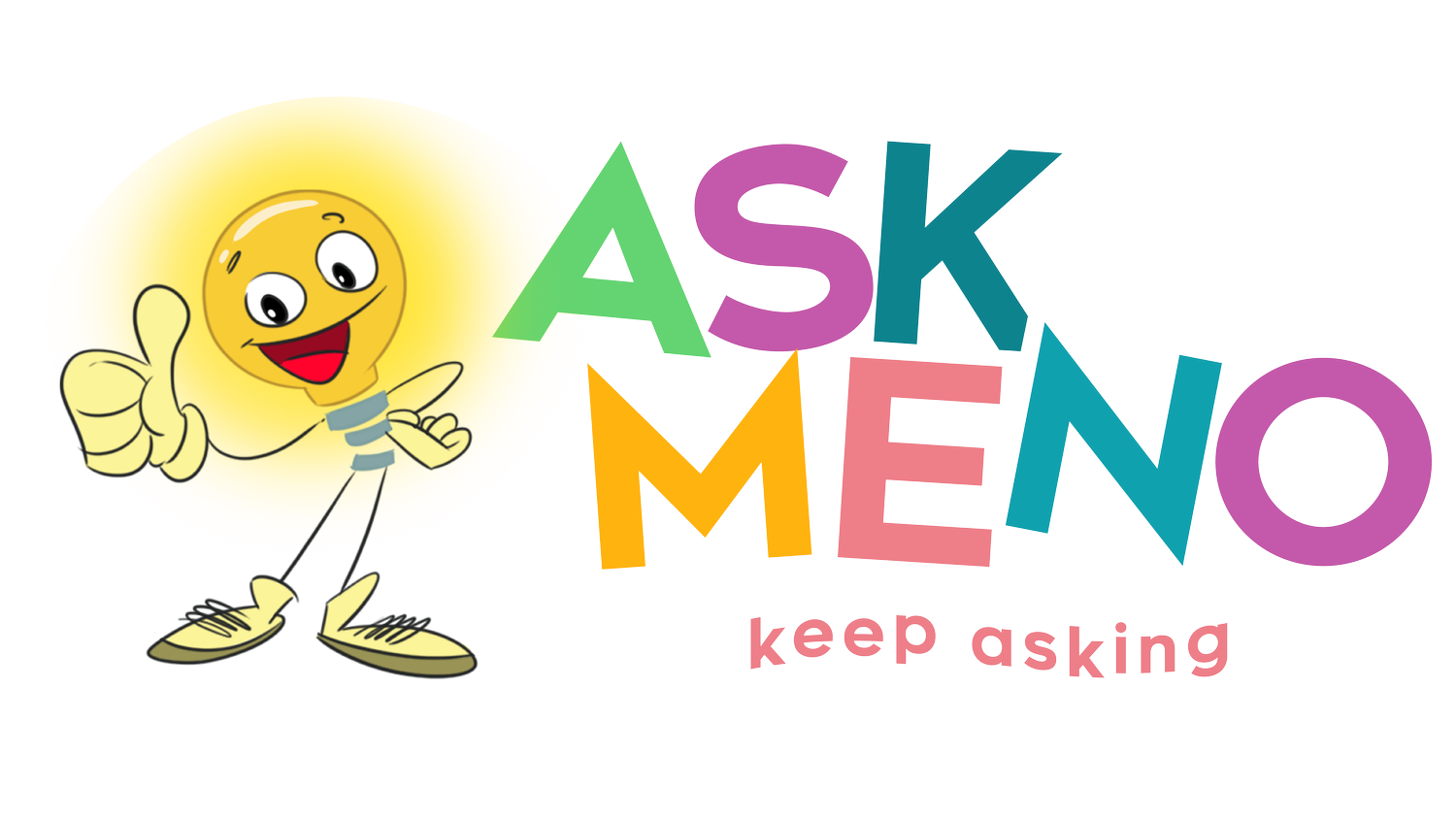Science of Reading Legislation: A Promising Start, but Work to be Done
Oral Language Overlooked
These key insights have big implications for early education, and we feel they deserve more attention! In their analysis of reading legislation passed over the last four years, researchers at NYU and the University of Virginia share some insightful observations about "what most states are getting right and should continue doing," while offering some additional steps that must be taken.
The authors find that while most recent reading legislation grounds reading policy in the National Reading Panel's "five pillars" (phonemic awareness, phonics, vocabulary, comprehension, and fluency), these should serve as a starting point: "Oral language and writing take a back seat in the legislation but are as essential as the other five. Lawmakers should ensure that they receive the same degree of attention."
Background Knowledge Overlooked
They go on to note that "background knowledge receives very limited attention in the law. It is crucial that legislators recognize its importance and ensure that it has a prominent role in reading instruction."
What is ultimately recommended is a more complete approach to reading instruction—one that includes the "five pillars" but that also "espouses a holistic view of reading, including its socio-affective aspects like motivation [and] engagement."
Dr. Neuman's insistence on the importance of background-knowledge subjects like science and social studies joins a rising number of voices in education whose message is clear: Background knowledge is absolutely essential to reading comprehension.
Subscribe below for more early education insights.
About AskMeno
AskMeno is dedicated to helping early childhood leaders build the foundational oral language and social skills necessary for their young scholars’ reading comprehension and emotional wellbeing. AskMeno provides a play-based, teacher-facilitated supplemental curriculum that systematically and explicitly develops oral language and social skills through scaffolded, fun, and engaging learning activities.



